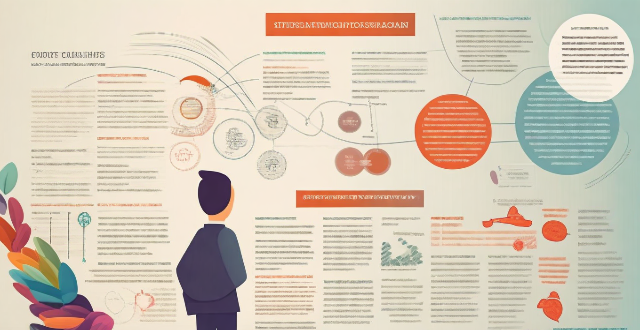The article provides an overview of several international agreements and initiatives related to energy conservation and emission reduction. These include the United Nations Framework Convention on Climate Change (UNFCCC), the International Energy Agency (IEA), the Clean Energy Ministerial (CEM), the Global Green Growth Institute (GGGI), and the Renewable Energy Policy Network for the 21st Century (REN21). The objectives, key elements, and achievements of each are discussed in detail. The article concludes by emphasizing the importance of these collaborative efforts in addressing climate change and ensuring sustainable development.

International Agreements and Initiatives Related to Energy Conservation and Emission Reduction
Introduction
Energy conservation and emission reduction are crucial for addressing climate change, protecting the environment, and ensuring sustainable development. There are several international agreements and initiatives that promote energy efficiency, renewable energy sources, and greenhouse gas (GHG) emissions reduction. These efforts aim to create a global framework for collaborative action towards a low-carbon future.
United Nations Framework Convention on Climate Change (UNFCCC)
Objective:
- The UNFCCC is an international environmental treaty adopted in 1992 with the goal of stabilizing GHG concentrations in the atmosphere at a level that would prevent dangerous anthropogenic interference with the climate system.
Key Elements:
- Conferences of the Parties (COPs): Regular meetings where signatories discuss progress, set targets, and adopt new agreements.
- Kyoto Protocol: A protocol to the UNFCCC that binds developed countries to reduce their GHG emissions.
- Paris Agreement: An agreement within the UNFCCC aimed at limiting global warming to well below 2°C above pre-industrial levels and pursuing efforts to limit the temperature increase to 1.5°C.
International Energy Agency (IEA)
Objective:
- The IEA is an intergovernmental organization focused on economic cooperation among industrialized nations in the area of energy policy.
Key Initiatives:
- Energy Efficiency: The IEA promotes energy efficiency as a key strategy for reducing energy consumption and GHG emissions.
- Renewable Energy: The agency supports the deployment of renewable energy technologies through various programs and partnerships.
Clean Energy Ministerial (CEM)
Objective:
- The CEM is a global forum where leaders from around the world come together to accelerate the transition to clean energy technologies.
Key Achievements:
- CEM Action Plans: Participants commit to specific actions and investments in areas such as energy efficiency, renewable energy, and electric vehicles.
- Public-Private Partnerships: The CEM fosters collaboration between governments and the private sector to drive innovation and deployment of clean energy solutions.
Global Green Growth Institute (GGGI)
Objective:
- The GGGI aims to support countries in achieving green growth by promoting policies that decouple economic growth from environmental degradation.
Key Programs:
- Green Growth Knowledge Platform: A resource center providing research, case studies, and policy recommendations related to green growth.
- Capacity Building: The institute offers training and technical assistance to help countries develop and implement green growth strategies.
Renewable Energy Policy Network for the 21st Century (REN21)
Objective:
- REN21 is an international network of policymakers, industry leaders, and experts working together to accelerate the transition to renewable energy.
Key Activities:
- Global Status Report: An annual report that provides a comprehensive overview of the state of renewable energy worldwide.
- Policy Forums: REN21 organizes events where stakeholders can exchange ideas and best practices on renewable energy policies and strategies.
Conclusion
These international agreements and initiatives demonstrate a collective commitment to energy conservation and emission reduction. By collaborating across borders, countries can share knowledge, resources, and best practices to achieve significant environmental benefits. As we move forward, it is essential that these efforts continue to evolve and expand to meet the ever-increasing challenges of climate change and sustainable development.